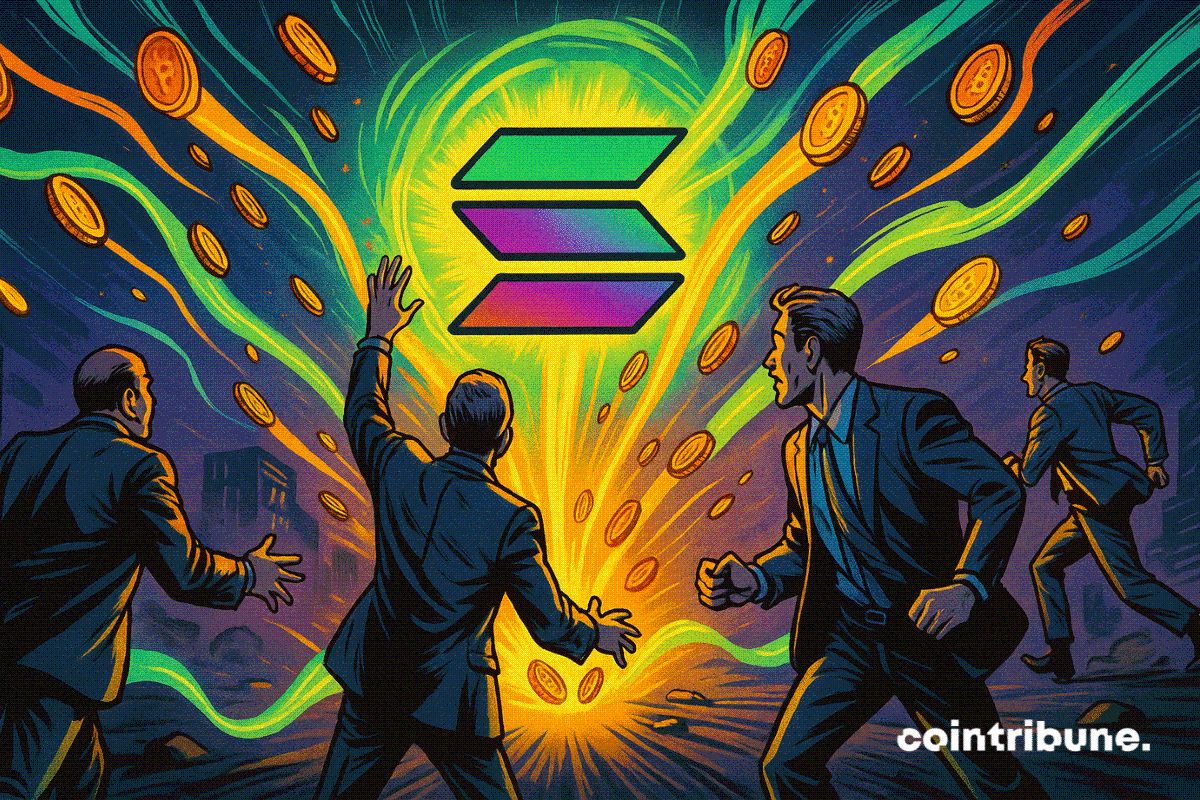Is the blockchain developed by Google considered a Layer 1?
Chainfeeds Guide:
Will Google really build a permissionless, fully open public blockchain?
Source:
Author:
Foresight News
Opinion:
Foresight News: According to the official description, GCUL (Google Cloud Universal Ledger) is designed as a "high-performance, trusted-neutral distributed ledger platform that supports Python smart contracts." It is currently in a private testnet phase, mainly serving financial institutions. Google Cloud emphasizes that the goal of GCUL is not to reinvent currency, but to solve fragmentation, high costs, and inefficiency in traditional financial systems by upgrading infrastructure. It supports multi-currency and multi-asset transfers and settlements, and has programmable payment and digital asset management capabilities. GCUL is provided as an API service, highlighting its advantages in ease of use, flexibility, and compliance, especially in areas such as KYC verification and private deployment. In March 2025, Google Cloud has already launched a pilot with CME Group in Chicago to explore applications in wholesale payments and asset tokenization. CME CEO Terry Duffy pointed out that GCUL is expected to improve collateral management and margin settlement efficiency under the "24/7 trading trend," while Rohit Bhat, General Manager of Financial Services at Google Cloud, emphasized that this pilot is "a typical case of traditional finance achieving business transformation through modern infrastructure." In the blockchain field, Layer1 usually refers to public blockchains such as Ethereum and Solana, whose core features are decentralization, permissionlessness, and transparency, allowing any user to freely participate in validation, transactions, or deployment of smart contracts, with all on-chain data fully open. In contrast, a consortium blockchain is a permissioned distributed ledger jointly maintained by specific organizations or institutions, with controlled node access and data permissions. Typical applications include Hyperledger Fabric and AntChain. The advantage of consortium blockchains is compliance, controllability, and improved performance, but at the cost of openness and censorship resistance. Based on currently available information, GCUL is more in line with the consortium blockchain model: it operates on a "private and permissioned" network, with nodes and permissions controlled by a managing institution; its target users are financial institutions rather than the general public; its design emphasizes KYC verification and compliance; and its underlying infrastructure is centrally maintained by Google Cloud. Nevertheless, Google still insists on calling it "Layer1," emphasizing its "trusted neutrality" and "infrastructure neutrality," attempting to blur the narrative boundaries between public and consortium blockchains to gain broader acceptance. There are clear industry divisions regarding GCUL's positioning. Liu Feng, partner at BODL Ventures, believes that GCUL is more characteristic of a "consortium blockchain," fundamentally different from decentralized, permissionless public blockchains. Omar, partner at Dragonfly, pointed out that Google's previous descriptions of GCUL were vague, but now the narrative clearly leans more toward "Layer1," though technical details have not yet been disclosed. Helius CEO Mert bluntly stated that GCUL is essentially still a "private and permissioned" system, completely different from open public blockchains. However, some believe that GCUL may represent "incremental innovation." The pilot between Google and CME Group shows that institutions have real needs for distributed ledgers in scenarios such as settlement and collateral management. If GCUL can effectively integrate Google's technical capabilities and financial compliance experience, it may find a practical middle path between traditional finance and blockchain. While this model may not be the ideal of decentralization, it could become a key bridge for the adoption of blockchain technology in the financial sector.
Disclaimer: The content of this article solely reflects the author's opinion and does not represent the platform in any capacity. This article is not intended to serve as a reference for making investment decisions.
You may also like
After a 1460% surge, re-examining the value foundation of ZEC
Narratives and sentiment can create myths, but fundamentals determine how far those myths can go.

Wall Street is counting on bitcoin's high volatility for year-end bonuses
ETF has not "tamed" bitcoin; volatility remains the most attractive indicator of the asset.

Bitcoin Faces Intensifying Sell-Off as ETF Outflows and Leverage Unwinds Pressure Markets

Solana ETF Hit 18-Day Inflow Streak

